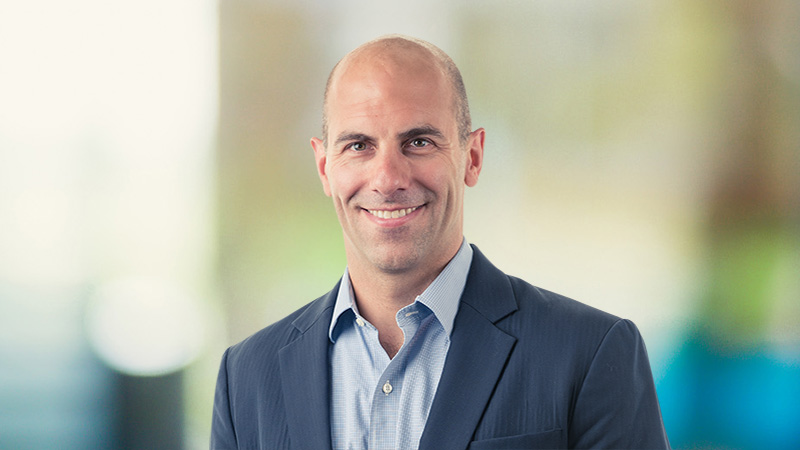Trium Capital’s ESG Emissions Improvers fund is targeting shorting opportunities in companies with corporate governance concerns.
Joe Mares, portfolio manager of the Trium ESG Emissions Improvers fund, told Portfolio Adviser: “From the short side, we think labour is a really interesting dynamic. Labour is a big part of the ‘S’ of ESG, in terms of how you treat your workers.
“Clearly, we’ve seen strikes this year and we think we’ll continue to see them because the labour market is very tight. We look at the companies where that is a risk and how that impacts a business, as well as why it’s occurring in certain industries and not others.”
Mares sees the increased focus on corporate governance continuing, while it has previously been overlooked.
“After a 14-year bull market, since 2008, there have been a lot of corporate governance issues that were essentially excused because stock prices were going up. So we are very interested in corporate governance as a differentiator now, because it’s more important when stocks are going down rather than when stocks are going up.
“When the pie is shrinking, how you slice the pie becomes more important. We think political risk continues to be a dynamic that gets underpriced by the market. When you have high inflation, slowing GDP and most governments in a lot of debt, we think governments will be very interested in regulating and taxing industries to try to fix their problems.”
See also: Nick Train backs Diageo despite ‘galling’ profit warning as shares slide 11%
‘Focus on the problem’
The £314m Trium ESG Emissions Improvers fund was launched in 2020 and is one of few highly hedged long/short equity funds available to retail investors.
As explained by Mares, the fund has adopted the mantra: “If you’re going to have a climate-focused strategy then you need to actually focus on the problem.”
“This strategy had a couple of core beliefs when we started,” he added. “One of the core beliefs was that climate change was a significant problem. And to address climate change, we had to actually focus on companies that were causing the listed emissions. So depending on how you calculate it, 95% of the listed emissions are coming from about 33% of the stocks in the world.
“The second core belief is that fixing climate change is going to take at least 30 years. In that period, we’re going to have many bull and bear markets and, because of that, we need to have a fund that is resilient to those bull and bear markets and volatility.
“Unfortunately, as we saw in 2022, just because the stockmarket goes down, it does not mean emissions go down. We wanted to provide an opportunity to focus on climate even in a bear market. The world will need capital to fix these problems, even in choppy markets. So it seemed to us that there should be long-short products to do that.”
See also: Candriam launches alternatives platform
Mares believes that the increasing regulation of high emitters is an irreversible trend. The fund plays the dispersion between the companies that can adapt to a more sustainable business model and those that cannot, focusing on sectors including shipping and infrastructure.
He said: “If we’re going to be focused exclusively on the high-emitting areas, which are generally cyclical and have more volatility than other sectors, we’re not going to run with a net long in that group. When we say long/short, we try to run as close to market neutral as we can, because what we’re playing is ultimately the dispersion between stocks. For example, certain companies are going to be able to pivot their business model and be much more successful in a decarbonised world. Others are going to struggle, and we’re really playing that dispersion in those sectors rather than having a top-down view.
“From an overall perspective we’re market neutral. When I say that, I mean we try to have very little beta to the overall market. Most long/short hedge funds are running slightly long and they’re correlated positively to the market. We’ve generally been negatively correlated to the market historically, or had no correlation, and I think that’s because of the way we set this fund up.”
Though the fund’s remit is global, it has a European focus. Currently, the fund holds long positions in companies gaining a competitive advantage from geography.
“If you have access to very low-cost and green electricity, that’s a structural advantage, for example in Scandinavia,” Mares said. “Some companies on the US Gulf Coast have access to large reservoirs for carbon capture, which is another geographical advantage.
“Whether it’s carbon capture or low-cost electricity, there are certain companies that will benefit from these structural and geographical tailwinds. So we think that’s an interesting theme to think about.”
See also: Is October the ‘harbinger of recession’? UK GDP falls 0.3% for the month










